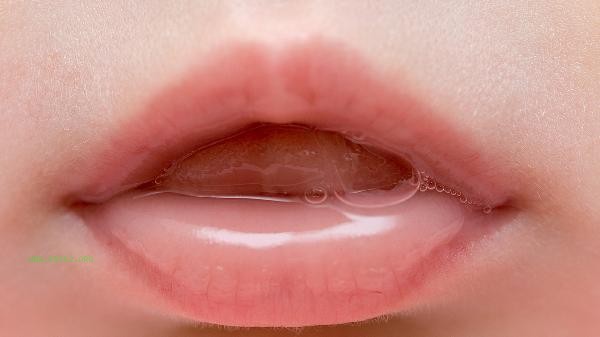There is no scientific basis for the relationship between drooling in pregnant women and the gender of the fetus, and it cannot be used as a criterion for determining whether to give birth to a boy or a girl. The gender of the fetus is determined by the sex chromosomes, and the physiological changes in pregnant women are mainly related to factors such as hormone levels, dietary habits, and oral health. Changes in hormone levels during pregnancy can stimulate increased saliva secretion, and some pregnant women may experience drooling. Pregnant women with severe morning sickness reactions may indirectly lead to increased saliva secretion due to frequent nausea, which is more common in early pregnancy. Oral diseases such as gingivitis and dental caries can also cause abnormal saliva secretion, and attention should be paid to oral hygiene and care. Due to changes in dietary structure, some pregnant women may consume more acidic foods, which may stimulate salivary glands, but such physiological reactions are not related to fetal gender.

There is a lack of medical evidence for predicting gender based on factors such as the shape of the pregnant belly and skin condition in folk beliefs. Medical methods such as chorionic villi puncture and non-invasive DNA testing are necessary to accurately determine fetal gender, but non-medical fetal gender identification is prohibited in China. Pregnant women with abnormal drooling should pay attention to their oral health and avoid believing unscientific statements that may affect their mood during pregnancy.

It is recommended that pregnant women maintain a balanced diet and supplement with vitamin B6 in moderation to help alleviate morning sickness. Choose a soft bristled toothbrush to clean your mouth daily and undergo regular prenatal oral examinations. Avoid eating sour or spicy food that stimulates saliva secretion, and adopt a lateral position during sleep to reduce drooling. If accompanied by symptoms such as bad breath and oral ulcers, seek medical attention promptly to rule out pathological factors.






Comments (0)
Leave a Comment
No comments yet
Be the first to share your thoughts!